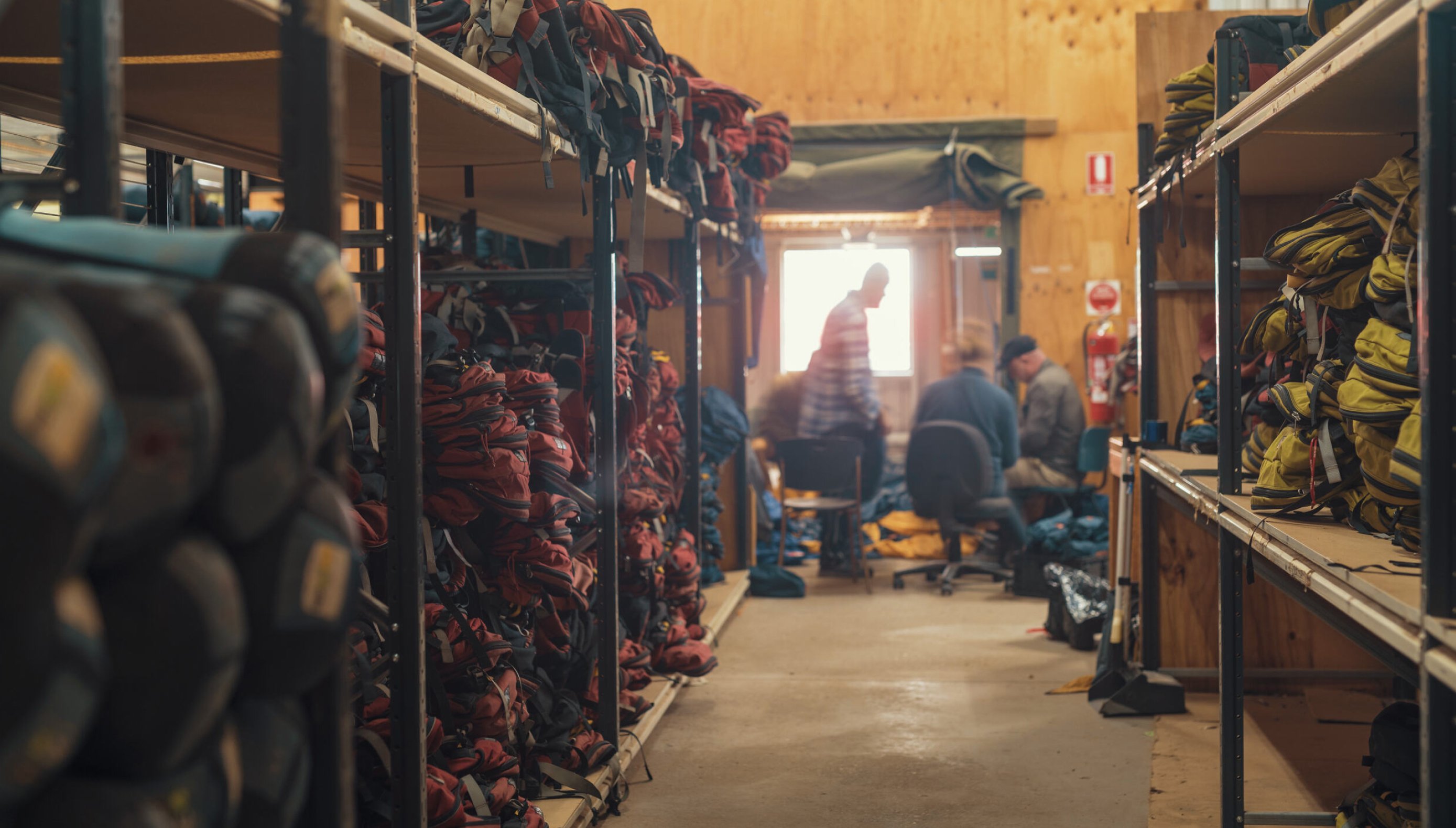While the height of the COVID19 pandemic was an extremely challenging time throughout Australia, as an organisation who believes highly in the value of resilience, it is clear there were many valuable lessons learned during this time. In order for brands like ours, functioning in industries involving large groups of people, to continue to operate throughout the pandemic, we were forced to re-evaluate our ideas around many elements; chief among them - hygiene.
CAMP HYGIENE PRACTICES DURING COVID-19
When we consider risk within a camp environment, even before we consider COVID19, there are plenty of contagious conditions that can be minimised or controlled with our standard hygiene practices and procedures. We do our best to ensure those students who are unwell opt out of camp programs but we can’t always be certain to avoid viruses and bugs completely.
What we can control are elements like the following:
- Personal hygiene
- Gear and equipment cleaning
- Collection of medical history
- Physical/social distancing
- First aid
- PPE in the preparation of food
Viruses like gastroenteritis, and those with cold and flu-like symptoms are issues we’re familiar with and our experience has guided many of our pre-existing processes. The areas of the camp environment we have always focused on the most for the control of germs are around the preparation and consumption of food, toileting and personal hygiene.
What the COVID19 pandemic introduced was social distancing measures, limiting numbers in accommodation, stricter food hygiene practices and a requirement for more studious disinfecting of gear and facilities.
KEY LEARNINGS FOR CAMP HYGIENE
In preparation for a camp program, there are a few lessons in hygiene that we’ve compiled - both from years of experience running programs and from the sudden immersion the pandemic thrust upon all of us.
The most crucial among them is regular hand washing and sanitising especially before and after using toilet facilities and eating and preparing food. During the height of the COVID19 pandemic, another primary focus became the disinfecting of gear including backpacks, tents and outerwear. The other is in the adoption of PPE including face masks, gloves when handling food.
While the informing of these processes comes from team leaders and an increase in things like branded signage, the conditions of the pandemic meant that students, teachers and our team were able to work together to make everyone’s safety their responsibility.
ENVIRONMENTAL CONSIDERATIONS
The tricky balance when it comes to COVID19 safe hygiene practices is that they often go hand in hand with high volumes of disposable products. As an organisation who prides themselves on our care and concern for impact on the environment, we do our best to encourage sustainable solutions.
Reusable masks, eco-friendly washes for disinfecting gear and bulk sanitiser for refilling to avoid excessive plastics are just some of the options recommended to participants to ensure good hygiene practices are followed with minimal impact to their natural environment.
CAMP HYGIENE BEYOND COVID-19
Between updates to facilities, processes and regular staff training, there are many learnings from the height of the COVID19 pandemic that have become adaptations to our regular camp programs.
It is regularly communicated to campers, regardless of facilities, the importance of hand washing and sanitising. This process has increased in rigidity and will remain so to ensure the likelihood of any virus spreading is minimised as much as possible.
Our team is trained on proper gear cleaning processes and we have regular checks to ensure surfaces and equipment are sanitary. We continue to exercise diligence to do our best to stop germs spreading between participants.
Team leaders will carry an array of preventative and first aid equipment with them on programs. This will include things like electrolytes for the treatment of gastro virus symptoms, gloves, sanitising wipes with safe disposal units and water and antibacterial soap.
As with all safety protocols, the element that has been influenced the most is in the communication with those on a camp program. If participants are aware of their responsibility with regards to controlling the spread of viruses, everyone can work together to prevent, isolate and treat where appropriate.
